Microsoft Teams is a Digital Hub for Collaboration.
- Teams can be used for classroom content, to host a Professional Learning Community or simply to pull together information for members of a group.
- Find out how you can make the most out of Microsoft Teams within Glow by watching the videos below.
Overview of Microsoft Teams within Glow
Accessing from your Glow Launchpad
Joining a Teams Meeting and Trouble Shooting Issues
Organising Breakout Rooms and Facilitators Before Meetings
Joining and creating a Team
Channels
Navigation Panel
Conversation Space and Meetings
Using Tabs
Files
Searching within Teams
Creating Assignments
Assignment Insights
Returned Assignments
Student View of Teams Assignments
Team settings in Glow
Troubleshooting a Teams Meeting

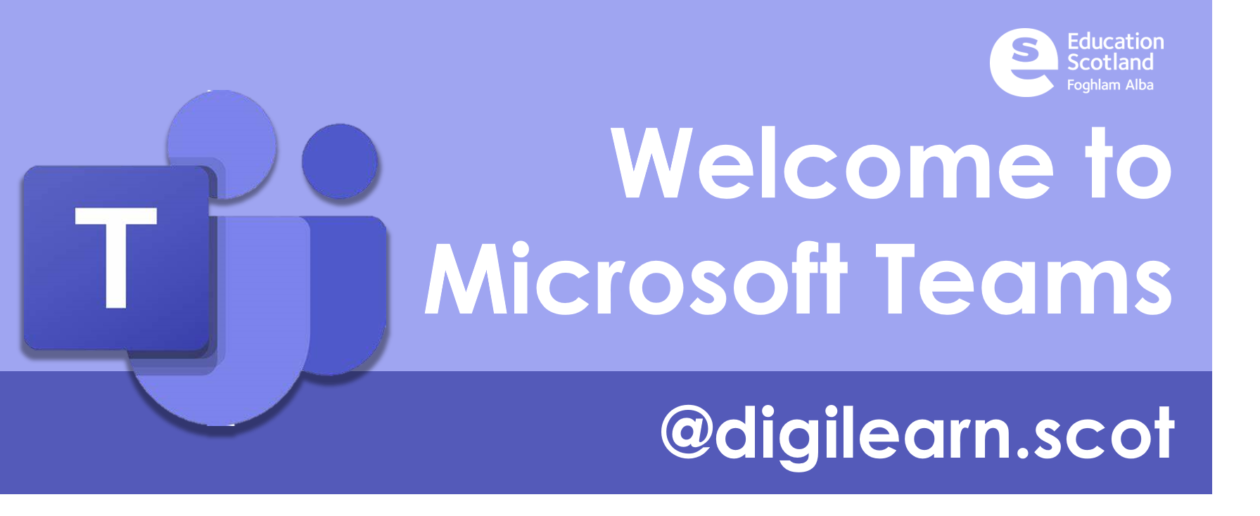


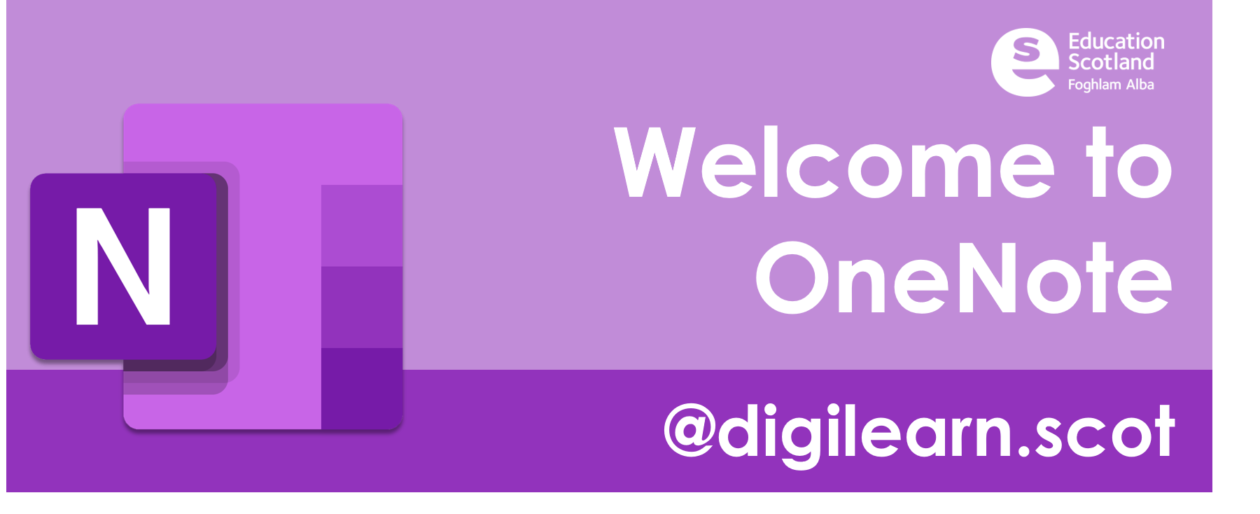
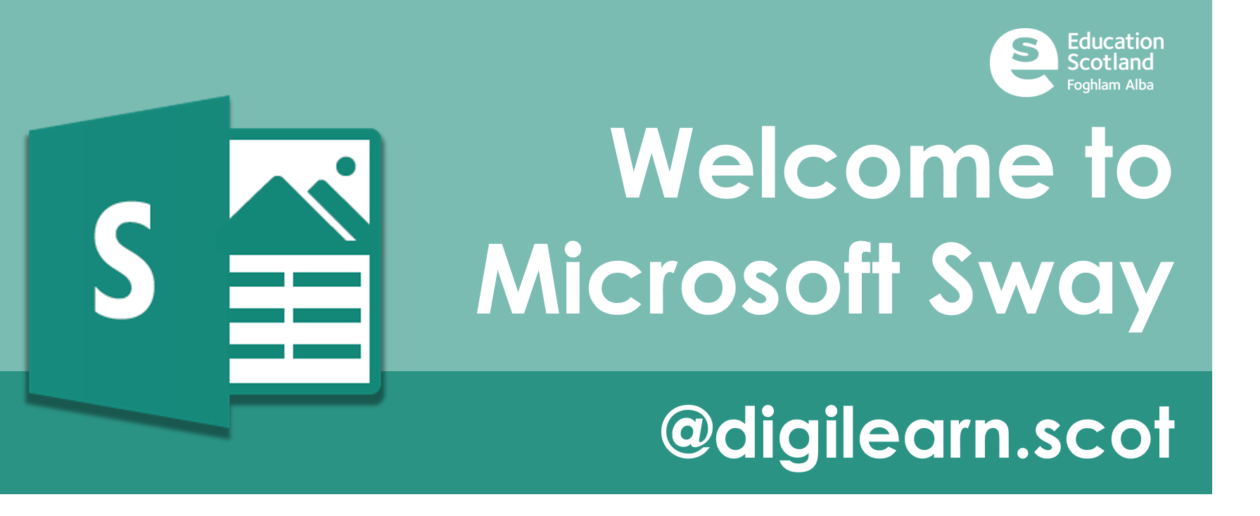
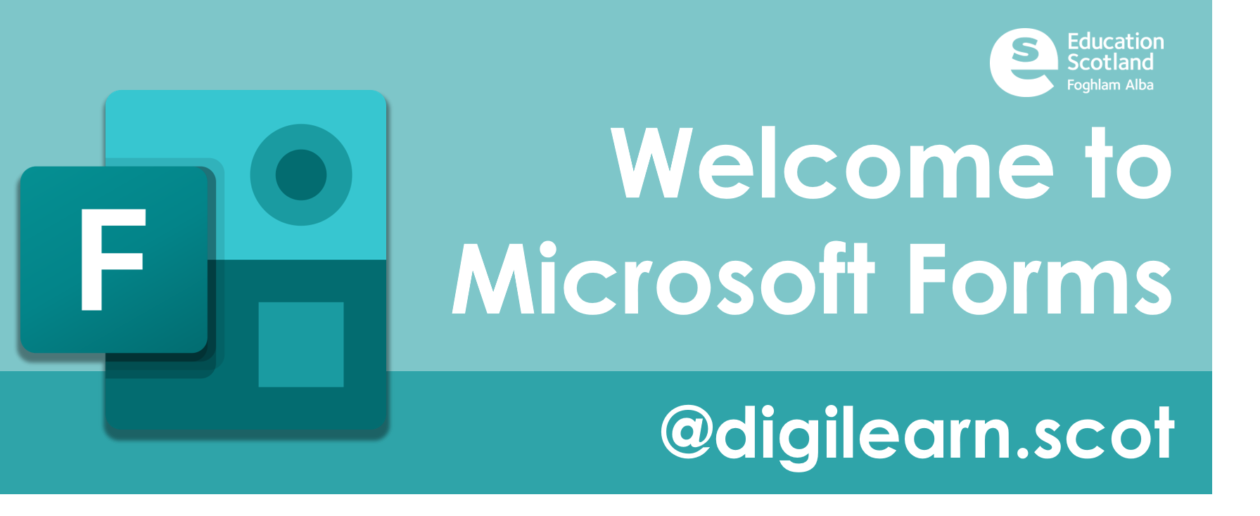

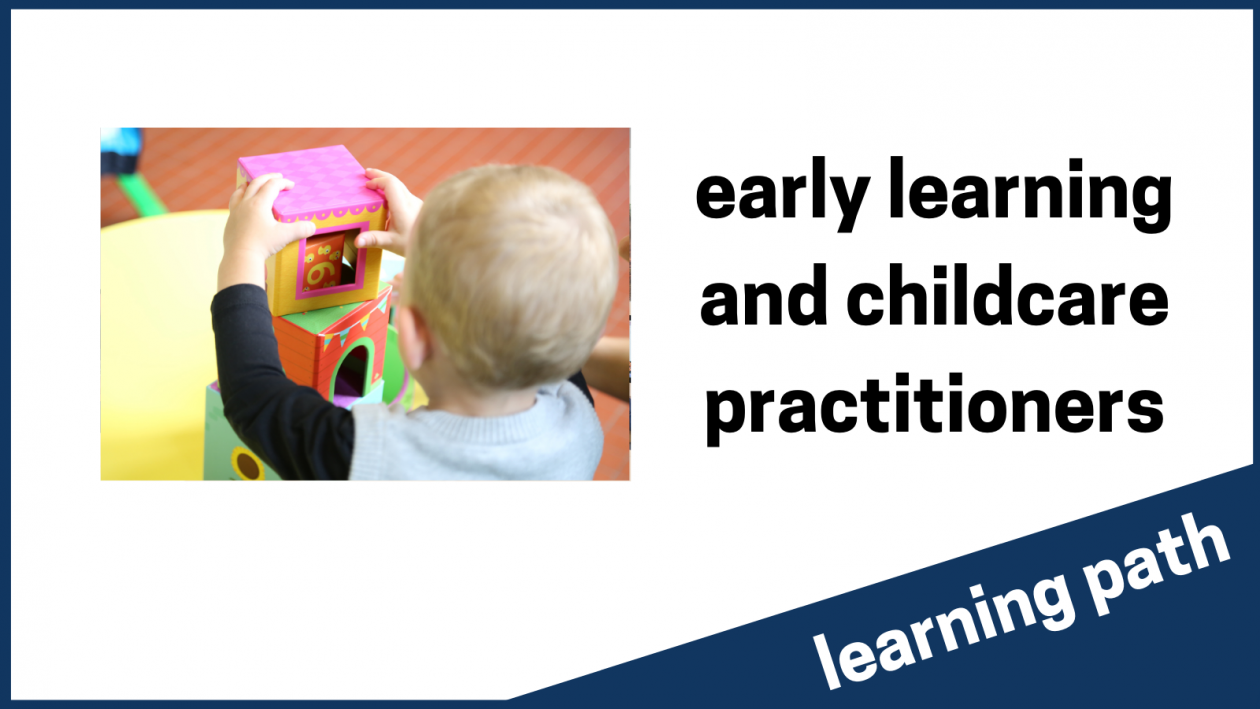






You must be logged in to post a comment.